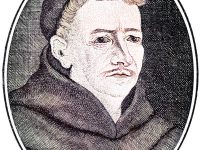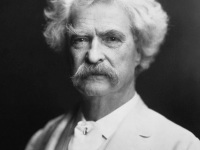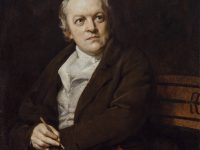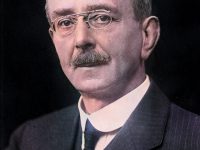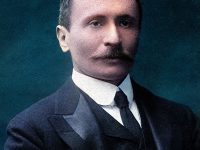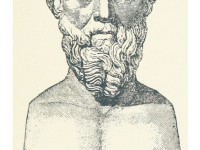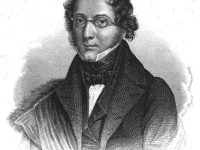Abraham a Sancta Clara – “Very Eccentric but Popular”
On December 1, 1709, Abraham a Sancta Clara, Austrian divine, court preacher and author passed away. Born as Johann Ulrich Megerle, he has been described “a very eccentric but popular Augustinian monk” and had earned great reputation for pulpit eloquence, the force and homeliness of his language, the grotesqueness of his humor, and the impartial severity with which he lashed the follies of all classes of society and of the court in particular.…
Read more











